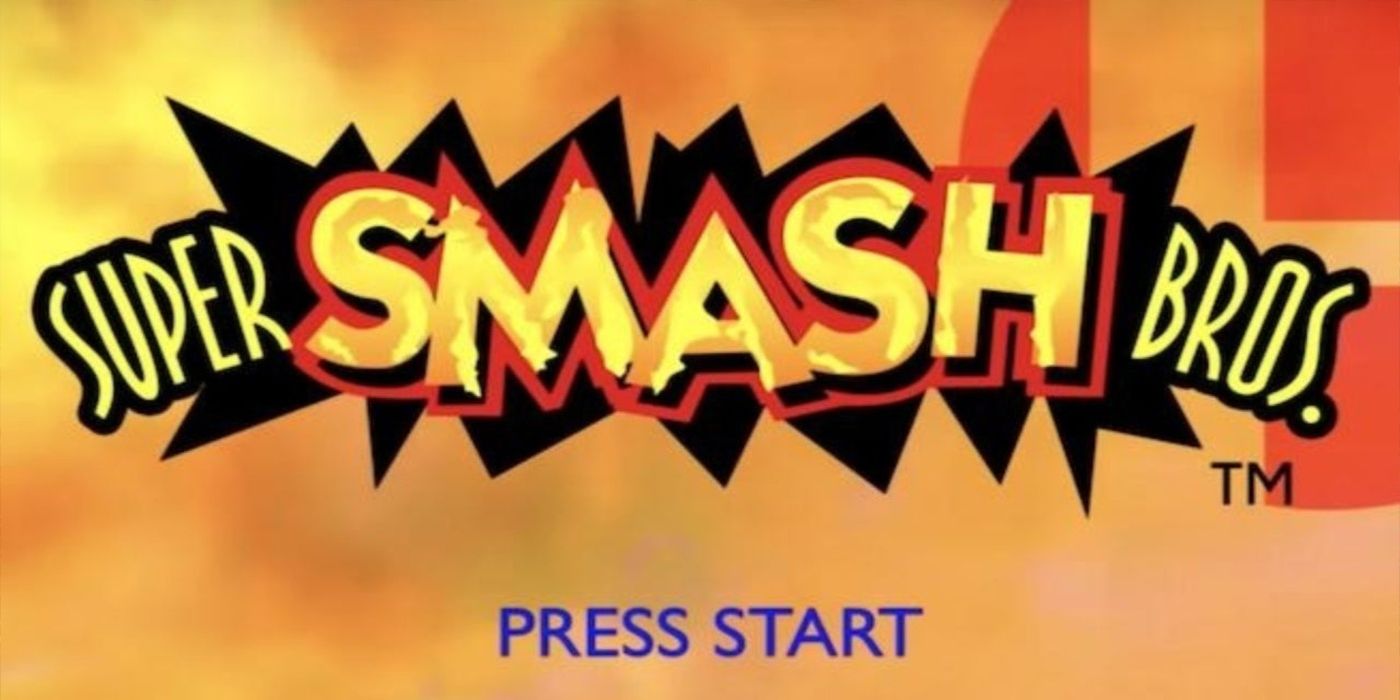In Nintendo's video announcement revealing Super Smash Bros. Ultimate’s latest DLC fighter, franchise creator Masahiro Sakurai let a surprising tidbit slip. The original Super Smash Bros. title for the Nintendo 64 was originally intended to have Final Smashes.
The reveal arrives in a roundabout fashion at the tail end of the announcement video introducing ARMS' Min Min as the newest addition to Super Smash Bros. Ultimate Roster, now 75 characters strong. Sakurai relayed an anecdote about Nintendo recently re-partnering with Ryo Horikawa, Captain Falcon's voice actor, for a special one-shot animation.
Sakurai went on to explain that while many characters have had their lines re-recorded at different installments in the franchise, Horikawa's Captain Falcon lines from the original Super Smash Bros. are all evergreen — including his "Come on, Blue Falcon!" Final Smash catchphrase, which was not used until the series' third installment, Super Smash Bros. Brawl.
While this may seem like an inconsequential footnote, the early inclusion of Final Smashes could have radically changed gaming history. Super Smash Bros. Melee was a dominant force in the 2000s fighting game scene, and it remains a popular tournament fighter to this day. Final Smashes were notoriously unbalanced when they were introduced in Brawl on the Nintendo Wii in 2008. While the inclusion of a half-baked mechanic in the original Super Smash Bros, or Melee would be unlikely to kill the series altogether, the latter title may not have gained the same kind of traction that has made the franchise a juggernaut in the fighting game community.
While both Super Smash Bros. 4 and Ultimate have made some welcome tweaks and changes to characters' hard-hitting special attacks, the Final Smash mechanic is still fairly uneven. Certain moves can instantly kill multiple characters with only a second's windup, while other moves have lengthy animations, require tricky targeting, or provide only situational benefits to players. For that reason, it is fairly common for tournaments to be fought without the Final Smash-enabling Smash Balls.
Reactions to Nintendo's Super Smash Bros. announcements have gained an infamous reputation for inspiring debates among fans—usually about which new characters qualify as "worthy" additions to the cross-over fighting title. In fact, while fan responses to Min Min seem to be largely favorable so far, the video also reignited twitter complaints about Byleth, the game's previous new addition.
The significance of this revelation does not seem likely to make waves in the community, however, as it will likely be overshadowed by Min Min's introduction, and the other new DLC announced for Ultimate in the video. But it is interesting to speculate about what other mechanics, items, and voice work have been secretly scrapped, postponed, or repurposed throughout the celebrated series' long history.
The original Super Smash Bros. was released for the Nintendo 64 in 1999. Super Smash Bros. Ultimate is available now on the Nintendo Switch.

